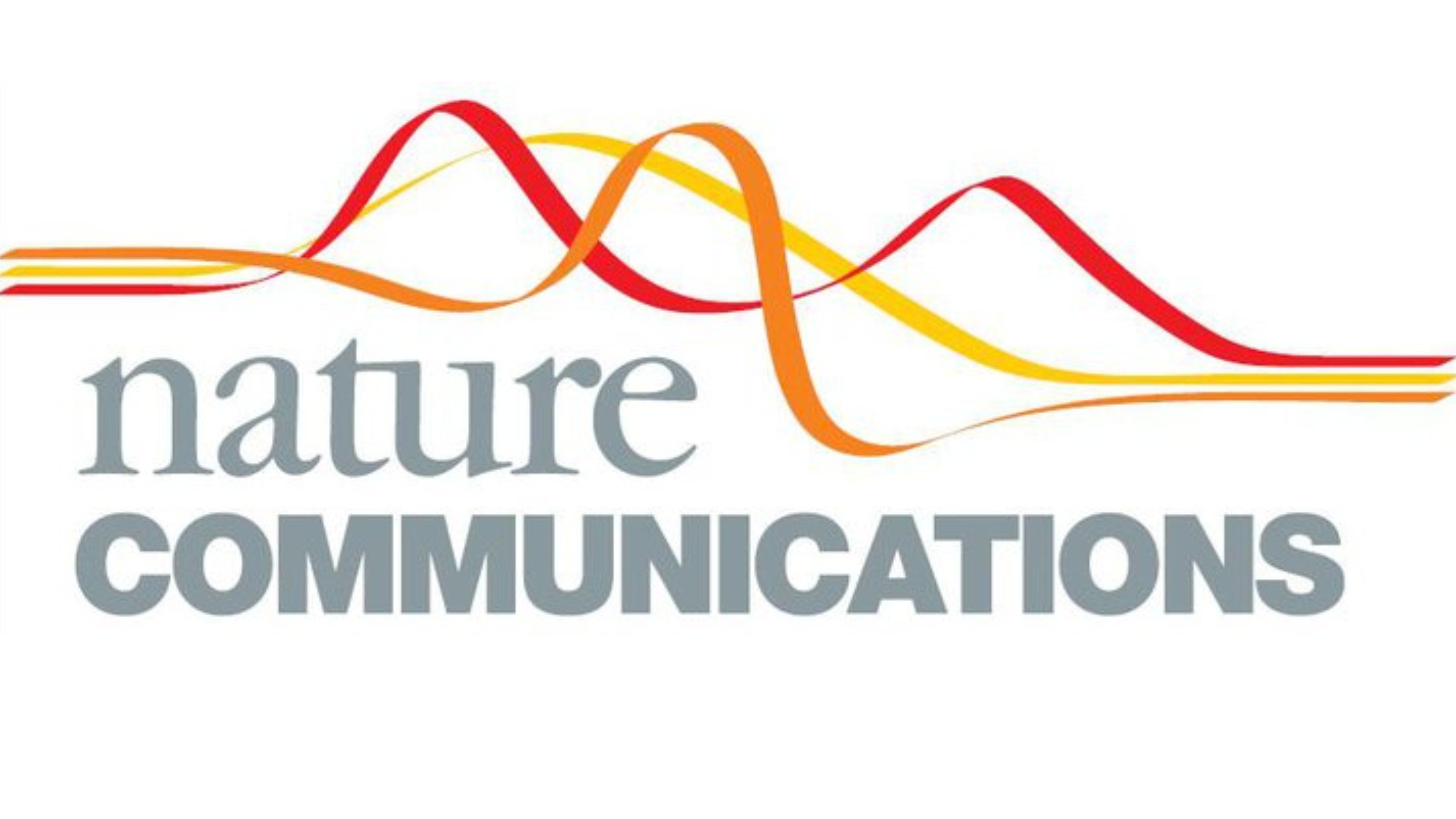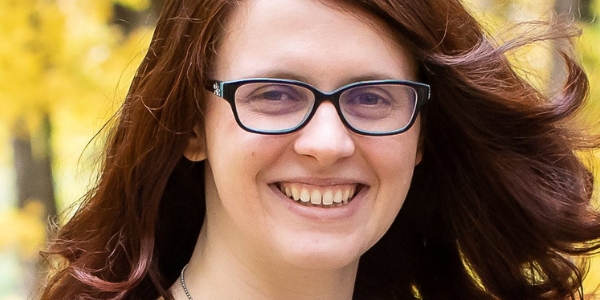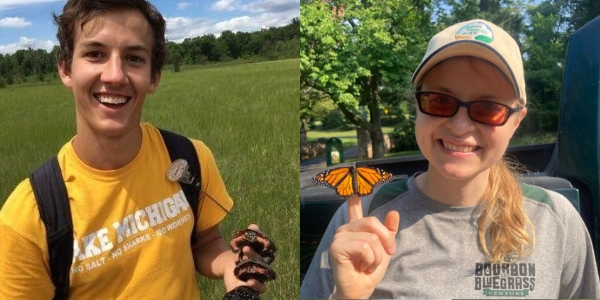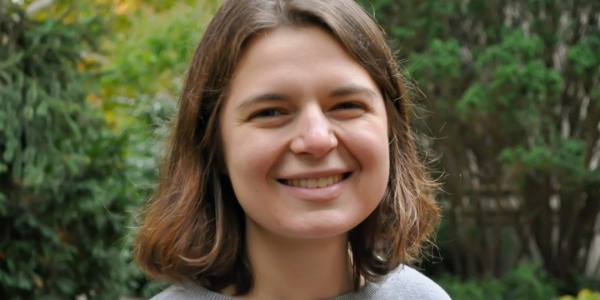Cutting-edge Sherlock app to make fish sleuthing a snap
Starting this September, scientists from Michigan State University, Texas A&M University-Corpus Christi and St. Anselm College, New Hampshire, will harness the power of genomics and artificial intelligence to make waves in global, sustainable seafood harvests.
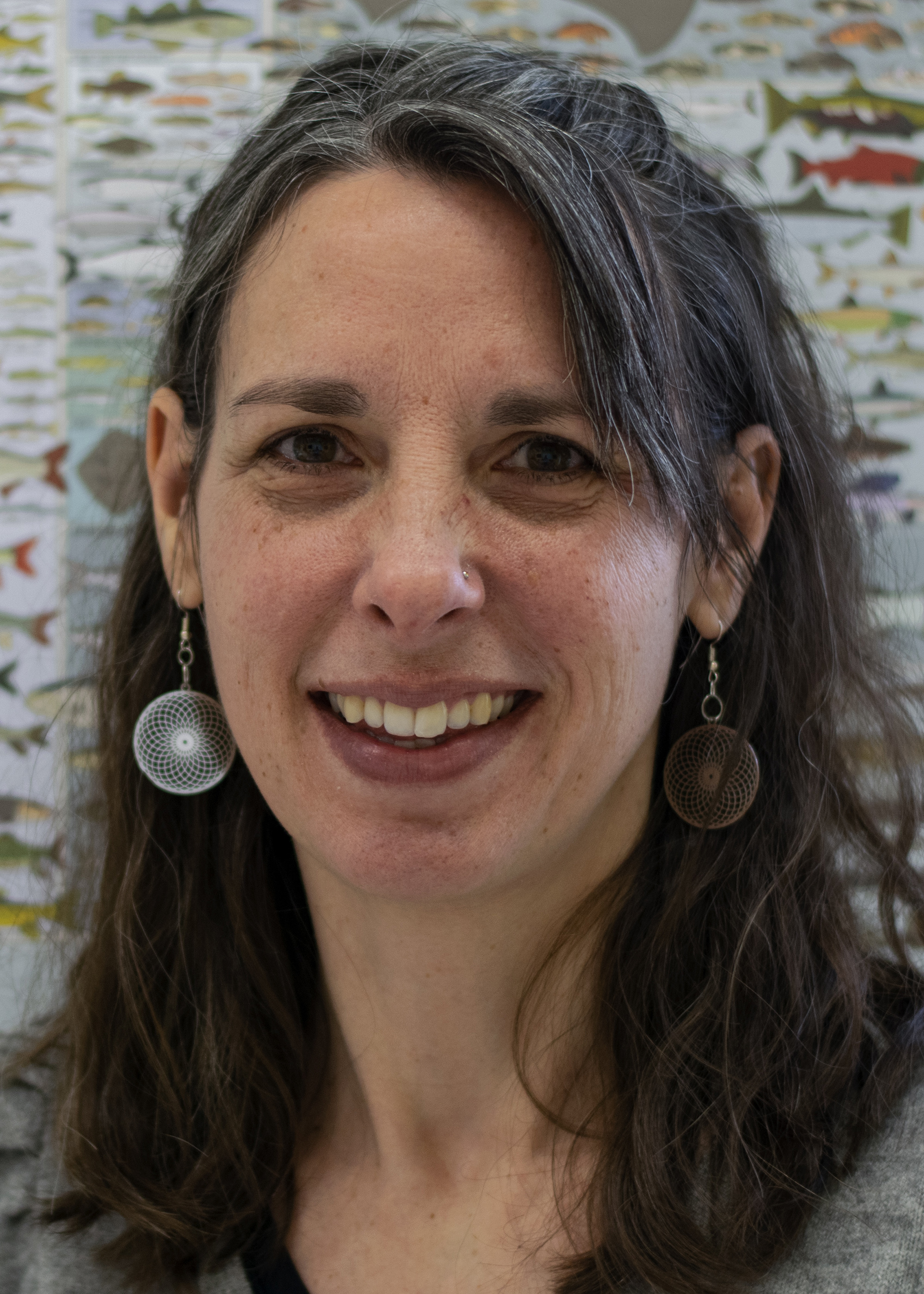
The researchers received a $749,255 grant from the National Science Foundation’s (NSF) newest and most unique structure, the Convergence Accelerator, to begin Phase 1 development of a user-friendly, fish species identification tool. In the right hands, the app will significantly reduce illegal, unregulated and unreported fishing. Next year, the team will be up for an additional two years and $5 million in funding.
“Our project combines the CRISPR-Cas13a Specific High-sensitivity Enzymatic Reporter unLOCKing system, or SHERLOCK, and artificial intelligence capabilities to develop low-cost, rapid field-deployable species identification tools,” said Mariah Meek, assistant professor in the Department of Integrative Biology in the College of Natural Science and lead investigator on the grant. “During Phase I of this project, we will develop SHERLOCK assays paired with an artificial intelligence smartphone app for species identification between three pairs: Carolina vs Scalloped Hammerhead, Atlantic salmon vs the Pacific salmonids, and bigeye vs yellowfin tuna.”
Nadya Mamoozadeh, a post-doc in Meek's lab, also is working on the project. Both are EEB members.
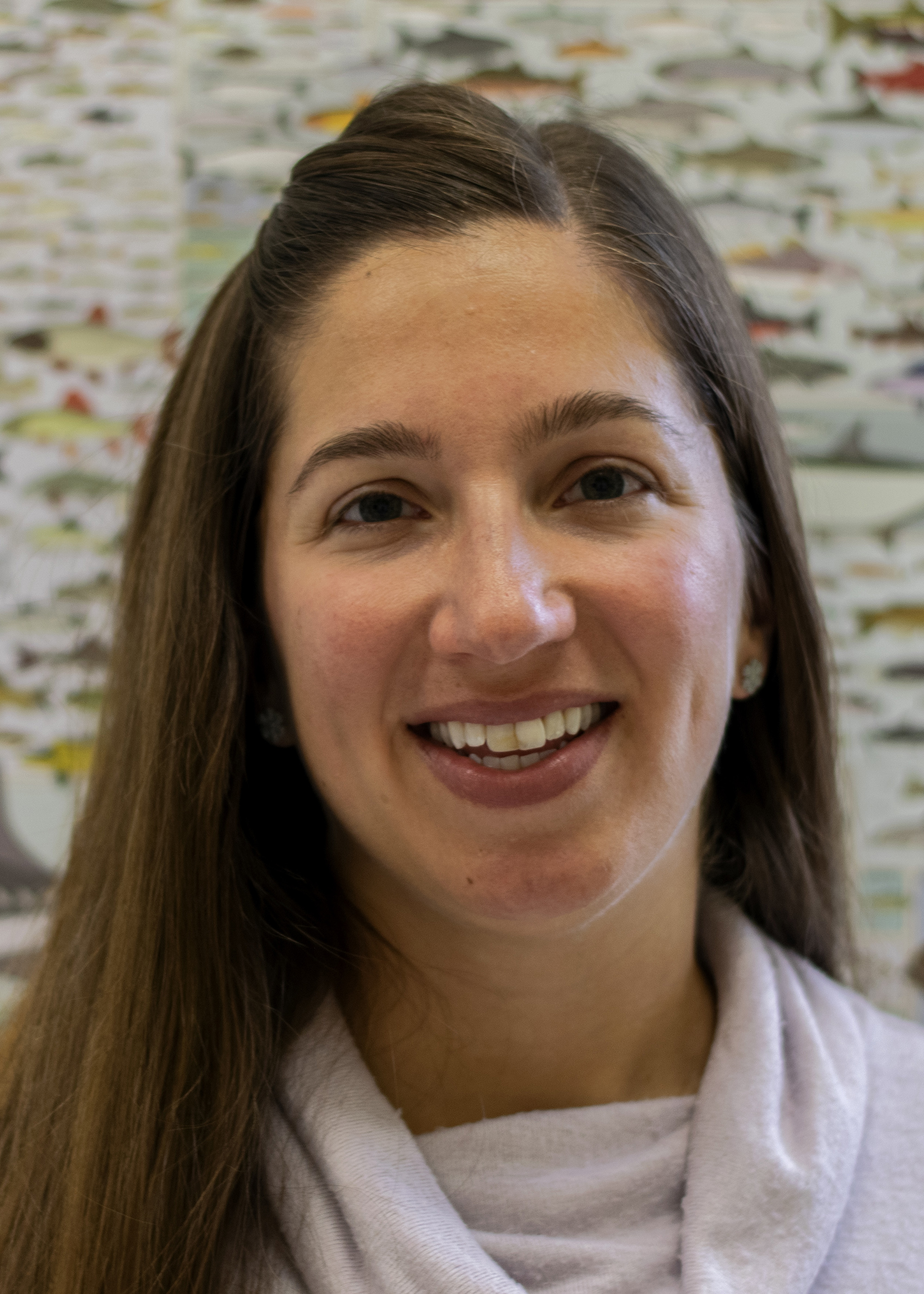
In the past 30 years, sustainable harvest of global fish stocks has plummeted from 90 percent to 66 percent, according to the Food and Agricultural Organization of the United Nations. Regulation, monitoring and enforcement of sustainable harvest is difficult and hinges on the ability to correctly identify species that, on the surface, look extremely similar. Some species are almost impossible to distinguish based on their appearance, such as the two species of sharks, while at other times customs officials may only have a fin to go on.
That’s where Meek believes SHERLOCK—one that Arthur Conan Doyle could never have imagined—will give fishers, fisheries managers, agency biologists, customs officials and seafood venders the power to become their own piscatorial gumshoes. By snapping a picture with their phone and wiping the fish in question with a swab, the tools will enable them to correctly identify which fish is which.
“This app will improve seafood traceability by enabling verification of species at each level of the supply chain, as well as improve monitoring of conservation status and enforcement of protective regulations,” Meek said. The app will be the latest genomics tool helping to improve humans’ ability to conserve biodiversity under development in the Meek Lab.
Nadya Mamoozadeh, senior personnel on the grant and MSU postdoc, is a key researcher helping to design the SHERLOCK assays and to bring people into the project that can provide valuable perspectives on how the tools they design can be as user-friendly as possible.
“The SHERLOCK and AI technologies leveraged in this project provide a really great example of recent technological advances that can be applied in a new way to combat long-standing challenges to sustainable fisheries management,” Mamoozadeh said. “Our main goal is for the tools we develop in this project to better equip diverse end users for protecting our oceans.”
See the full story in Natural Science.
